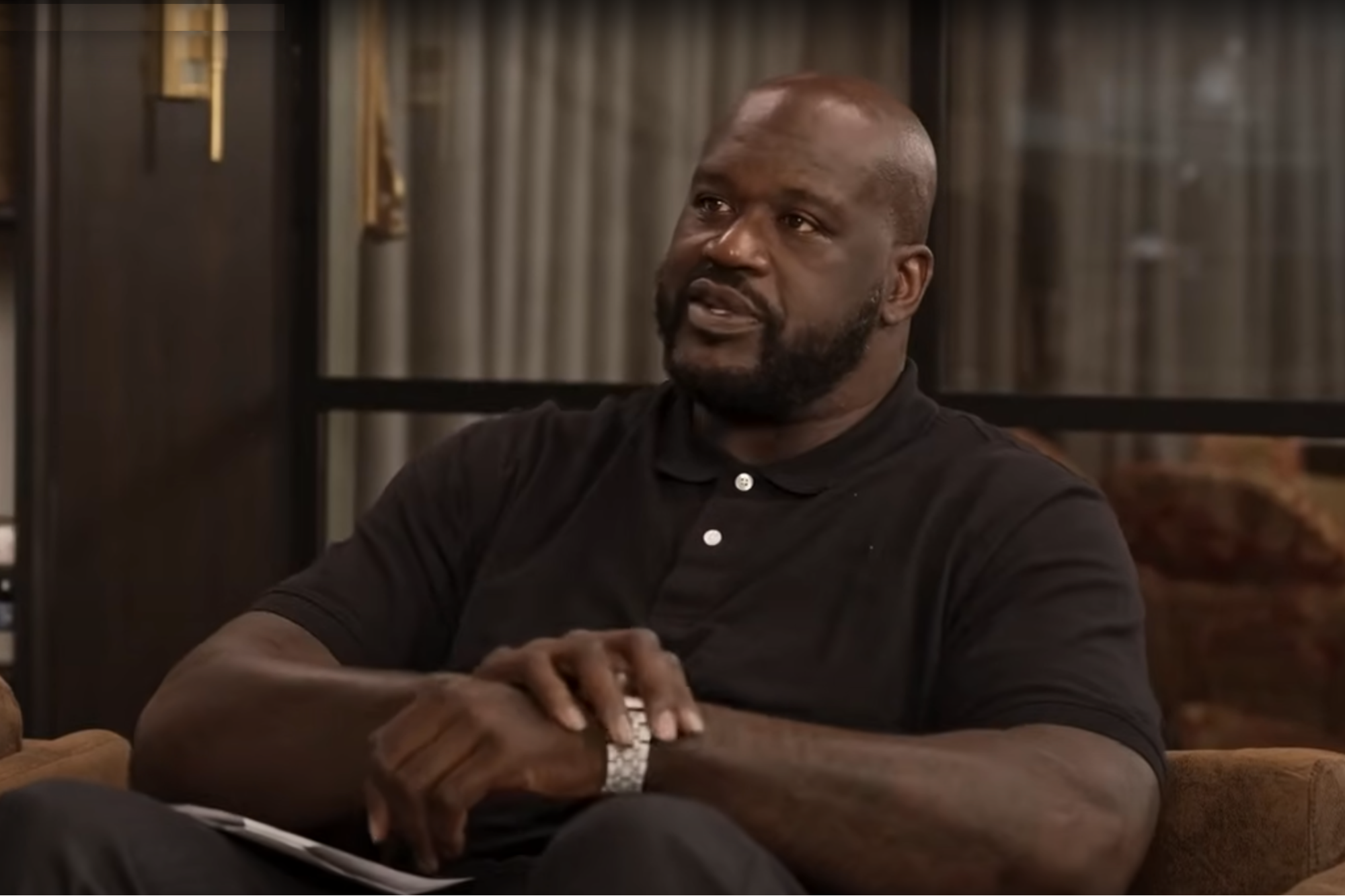How the 'Little Guy' Can Partner With Big Companies If you're a little guy, there are plenty of ways to partner with a much larger company. Here are seven.
Opinions expressed by Entrepreneur contributors are their own.

Many small-business owners dream of selling their products in mass-market outlets.
But getting your merchandise into large retailers like WalMart, Home Depot or Target isn't an easy task.
If you're trying to break into the big leagues, here's a checklist of what to do. The advice comes from a trio of panelists who spoke Sunday on the topic of "How Small Business Can Win Big with Large Companies" at National Small Business Week in Washington, D.C.
1. Attend business matchmaking programs and other networking events. The Small Business Administration hosts matchmaking sessions during Small Business Week, setting up 15-minute meetings between qualified business owners and procurement officers at large corporations, including AT&T, Honeywell and Raythen, and government agencies. Organizations like the Women's Business Enterprise National Council, which certifies women-owned businesses, provide formal matchmaking programs. Or see if the large corporation you're targeting hosts such an event. Hewlett-Packard, for instance, offers a number of regional matchmaking workshops and webinars.
2. Ask about a large company's supplier diversity or HUB (historically underutilized businesses) program. You may qualify if you're a minority-, woman-, disabled-or veteran-owned business, or if your company is located in a designated HUBZone. Essentially, some companies set aside millions of dollars in procurement contracts for diverse small businesses, often to make inroads into untapped markets. "Our customers are diverse, so our vendors have to be diverse in order to answer that demand," says panelist Linda Boykin, Office Depot's vice president of merchandising supplies.
3. Have your business plan and financial statements ready. If you're able to score a meeting with a procurement officer, make sure you can communicate your great vision, and your long-term goals for your product. "If there isn't a plan, it makes me think it's not very well thought-out," Boykin says. And get your finances, including your cash-flow statement, in order. If you don't, "it's going to diminish your opportunity to convince [the corporation] to take on a relationship with you," says Mark Dobosz, a vice president at SCORE who also served on the panel.
4. Know the requirements. While you may be used to running your business in a more informal fashion, a large corporation will be concerned with UPC codes, product liability insurance and other packaging and labeling must-haves. (As an example, check out the requirements for working with Office Depot here.) And it's not just about the technicalities. From a marketing standpoint, corporations will want to see that your packaging is attractive, consumer-friendly and "retail-ready," not to mention priced correctly, Boykin says.
5. Understand your capacity. Some small businesses fail to consider what it would mean to win a large order, Dobosz says. Make sure you have a plan in place when it comes to the extra manufacturing, distribution and inventory management that a corporate contract would demand. A big business that has a reputation to protect won't take a risk on your small company if it doesn't think you can perform, Boykin says.
If you're ill-prepared, work with a mentor. Seek advice from the experts at SCORE, the SBA's Small Business Development Centers, or any number of business, industry or trade groups. Find a fellow business owner who's gone through the process of landing corporate contracts, and who is willing to share the lessons that he or she has learned.
6. Don't jump at any and all offers that you get. "Finding a big-business partner is sort of like a marriage," advises panelist Holly Bohn, founder of See Jane Work, which makes stylish office accessories (think polka-dot pencil cups and floral letter sorters). Bohn says she had plenty of big-company suitors, including Target, after her company launched in 2004. "Any big business would call me up….and I would have stars in my eyes," she says. Afraid to decline any of their offers, "I spread myself and my employees too thin." Now, she's more selective, and advises other business owners not to settle – especially if your brand or your beliefs don't mesh with a potential corporate partner.
7. Be willing to put in the time. Bohn now makes an exclusive line of office accessories for Office Depot, but says it took three years to get her products on the megastore's shelves. "You have to be incredibly patient," she says. Boykin of Office Depot agrees that the process is time-consuming, especially for small companies that need to get up to speed on all the requirements. "It's not going to go as fast as you hoped," she says.












